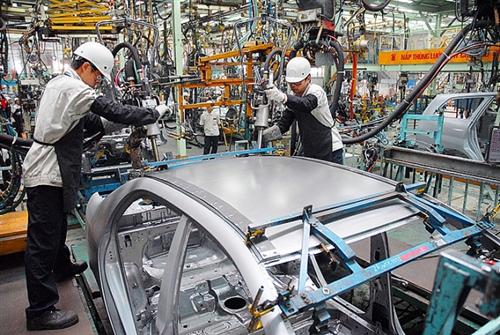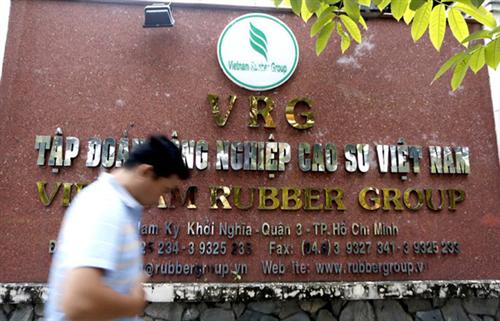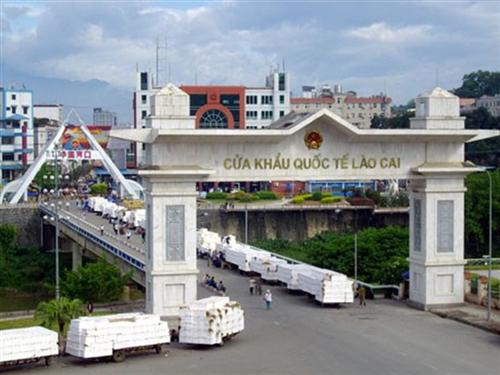Coronavirus delays Viet Nam’s agricultural exports to China
Coronavirus delays Viet Nam’s agricultural exports to China
Viet Nam’s agriculture sector was likely to be the worst hit by the coronavirus in China, said Minister of Agriculture and Rural Development Nguyen Xuan Cuong. 
Making a statement at the conference to promote trade and develop agricultural production, Cuong said China was a huge market for the country's agricultural products, accounting for 22-24 per cent of total export turnover.
“Deals for durian, sweet potato, bird nests and jelly have been delayed,” Cuong said.
He urged localities and agencies to monitor the impact of the virus on the sector.
Cuong asked local agriculture and rural development departments to build scenarios to cope with the outbreak in case it lasts for one to two months or even one to two quarters with concrete measures taken by the State, enterprises and the public.
According to Deputy Minister Tran Thanh Nam, coronavirus would have a negative impact on the trade of agricultural, forestry and fishery products between the two countries.
Nam said the export of key fruits such as dragon fruit and watermelon to China were facing difficulties.
The southern province of Long An is expecting to harvest about 75,600 tonnes from now to the end of this month. In March, Binh Thuan Province, the hub of dragon fruit of Viet Nam, and Tien Giang Province will harvest 100,000 tonnes and 10,000 tonnes, respectively.
“These fruits are fresh and unprocessed. Although localities have offered guidance and adjusted production plans, local congestion and oversupply will still occur due to limited transactions at border gates,” Nam said.
On Sunday, there were 333 containers with a capacity of 20 tonnes carrying agricultural products queuing at the northern province of Lang Son, of which 190 were carrying dragon fruit.
Dairy products are also forecast to face issues.
For seafood, Chinese importers have postponed their goods receipt until February 9, or until more information is released by the the Chinese government.
Deputy Minister of Industry and Trade Tran Quoc Khanh said the situation of epidemics has been seriously affecting the country’s economy, including transportation, tourism, retailing, stock market and logistics.
“Border trade between the two countries is valued US$7 billion. The scope of impact is relatively large, affecting imports and exports for Viet Nam,” Khanh said.
“We have urged businesses to seek other markets and co-ordinated with logistics firms to preserve fruits, but this hasn't worked.”
Agricultural products were under seasonal pressure, so it was difficult to turn around the situation and seek other markets in such a short time,” Khanh added.
Vice Chairman of the People’s Committee of Lang Son Province Nguyen Cong Truong has recommended businesses and associations to minimise export products.
“There have been no cases of coronavirus reported here thus far. We've been lucky,” Truong said.
























